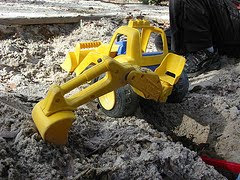Planning for the Future (part two)

We plan for the future because we anticipate being there, isn’t that so? That means we have a responsibility for taking care of our health. Twenty or thirty years ago, people did not have as much information, opportunity or support from others to be working on their own health care program as we do today. Now, nearly everyone feels that it is a duty, taking care of him or herself through exercise, proper diet, vitamins and more. If you want to live a long life and take charge of your life without taking charge of your own health, something is missing. Looking for a mate With a logical, proactive approach toward the rest of your life, if you are like most people, you begin looking for a life partner. Before that however, you might think about what qualities you are looking for and judge potential mates by how closely they match that model. As usual, when they do not match, but you want them anyway, I suppose people figure they can just fix them up afterward. Nevertheless, it is g...






